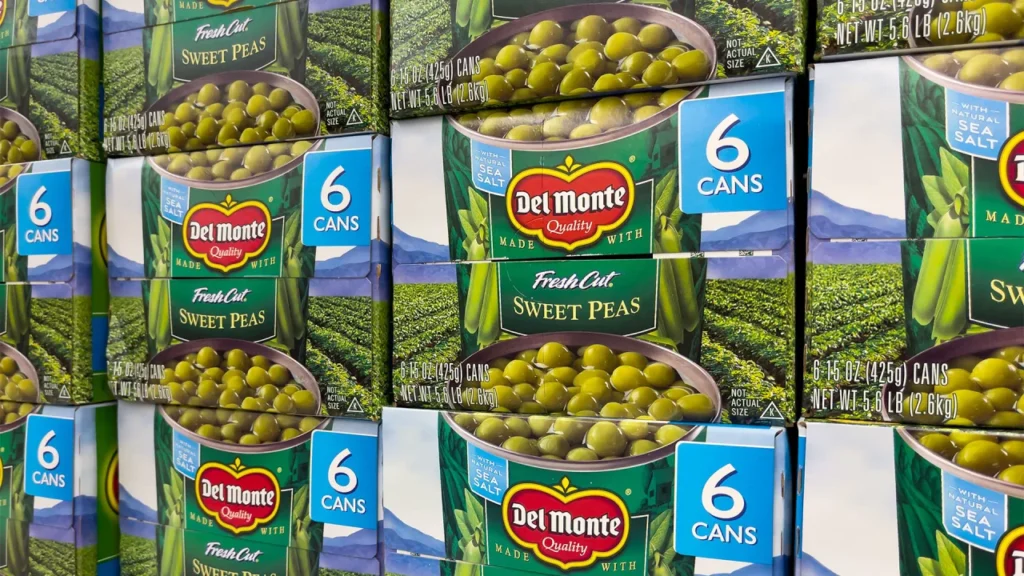
A well-known grocery store brand, which has long sold canned fruits and vegetables, has filed for bankruptcy.
Del Monte Foods, a 138-year old company, filed for Chapter 11 bankruptcy on Thursday. The company is headquartered in Walnut Creek, California, and operates six production facilities across the U.S., and two in Mexico. The company is now looking for a buyer with plans to sell off all of its assets.
“This is a strategic step forward for Del Monte Foods,” said Greg Longstreet, president and CEO of Del Monte Foods, in a press release. “After a thorough evaluation of all available options, we determined a court-supervised sale process is the most effective way to accelerate our turnaround and create a stronger and enduring Del Monte Foods. With an improved capital structure, enhanced financial position and new ownership, we will be better positioned for long-term success.”
From canned fruit king to bankruptcy
In addition to its flagship Del Monte brand, which includes canned fruits, vegetables, fruit cups, juices, and more, the company is also known for selling College Inn and Contadina products. The company began in 1886 before building a cannery in 1907 in San Francisco in 1907. Just two years later, in 1909, it had become the largest canned fruit and vegetable company in the world, according to the company’s website.
Del Monte says it has secured $912.5 million in new funding, which includes $165 million from some of its current lenders. The funds will allow the company to continue operations leading up to its sale. The company listed liabilities estimated between $1 billion and $10 billion, per court documents.
Mr. Longstreet continued, “While we have faced challenges intensified by a dynamic macroeconomic environment, Del Monte Foods has nourished families for nearly 140 years, and we remain committed to our mission of expanding access to nutritious, great-tasting food for all. I am deeply grateful to our employees, growers, customers and vendors, as well as our lenders for their support in helping us achieve our long-term goals.”
Overseas operations remain unaffected
Del Monte also operates outside of the U.S. and Mexico, with other main locations in the Philippines, Singapore, and India. The company says it doesn’t expect interruptions to non-U.S. units, including its operations in Mexico.
When it comes to recognizable grocery store products, Del Monte has been one of the biggest staples on the shelves for over a decade. Still, the company is not the only major brand to face financial challenges as of late. A number of fast casual chains, pharmacies, and other stores, such as Big Lots and Joann Fabrics, have all filed for Chapter 11 bankruptcy in recent months, signaling that in a tough market even iconic brands are struggling to hold on.
Why is Del Monte filing for bankruptcy now?
While Del Monte says increased production costs are to blame for the company’s struggles, some experts say that canned foods, which rely heavily on preservatives, are no longer America’s go-to at the grocery store. “Consumer preferences have shifted away from preservative-laden canned food in favor of healthier alternatives,” Sarah Foss, global head of legal and restructuring at Debtwire, said, per CNN.
While Americans did lean on canned food immediately after Trump announced new tariffs, with more information around the risks of high levels of bisphenol A (BPAs) in canned products, there are plenty of health-focused reasons to avoid them altogether.






